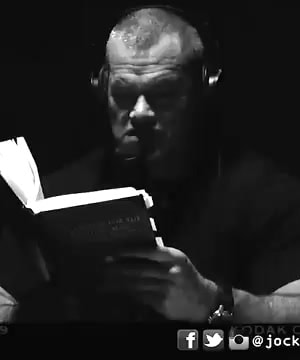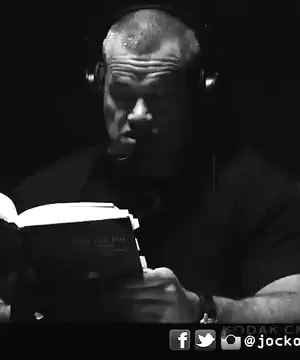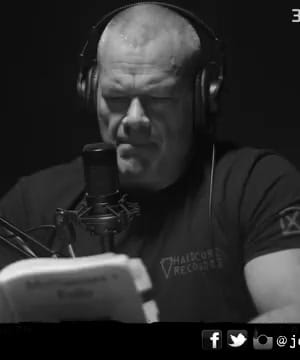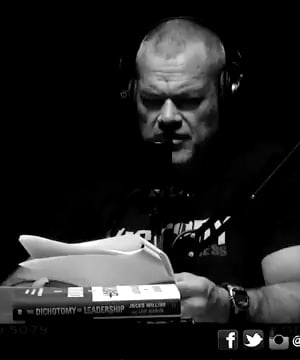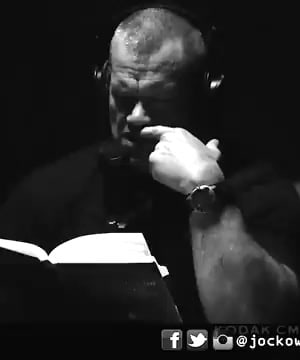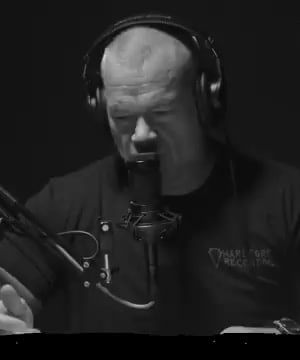How does fear affect soldiers?
Sources:
Fear significantly impacts soldiers, often with complex physical and psychological consequences.
-
Physiological Response: Fear prepares the body for action by quickening the heart rate, boosting blood pressure, and releasing adrenaline. These changes enhance the soldier's physical capabilities temporarily, though the initial fear can be incapacitating until the soldier knows how to harness it for combat efficiency 1 2.
-
Mental Performance: Fear can slow mental processes, a dangerous impediment on the battlefield where quick thinking and swift reactions are crucial. This can significantly affect survival rates, as observed during the Vietnam War, where soldiers who couldn't respond quickly enough often became casualties 3.
-
Training and Leadership: Proper training and strong leadership are essential to mitigate fear. American soldiers in Vietnam often faced higher levels of fear due to inadequate preparation and lack of unit cohesion. In contrast, those well-trained carried natural courage and performed better despite their fears 4.
-
Combat Readiness: Soldiers, both green and experienced, universally feel fear before battle. Training aims to instill automatic responses to commands and stressors, helping reduce the effects of fear and improve combat readiness. Knowing that fear is a common experience can also help soldiers manage their emotions more effectively 2 5 1.
-
Fear Management: Engaging in action is one of the most effective ways to dispel fear. For instance, a soldier waiting for the order to attack experiences peak fear, which often diminishes once they are actively engaged in combat. Additionally, clear knowledge of the enemy and situation lessens fear, making it more manageable 6.
Understanding these facets helps highlight the critical role of preparation, leadership, and psychological insight in managing fear among soldiers.
RELATED QUESTIONS-
